The pH (potential hydrogen) is a critical factor in plant nutrition and growth, as it directly affects the availability of nutrients in the soil. The pH of a substrate or growing medium can vary from acidic (low pH) to alkaline (high pH), and this range can have a significant impact on the plant's ability to absorb essential nutrients.
In this context, the product 'pH +' is used to raise the degree of acidity of the soil or growing medium. This means that it increases the pH, making the environment less acidic and more alkaline. This process of pH adjustment is essential to ensure that plants have access to the nutrients they need in the right form and in the right quantity.
When the pH of the substrate is too acidic (low pH), some essential nutrients such as calcium (Ca), magnesium (Mg) and phosphorus (P) can become less available to plants. On the other hand, if the pH is too alkaline (high pH), other nutrients such as iron (Fe) and manganese (Mn) may become less accessible.
The use of "pH +" helps to correct these situations by raising the pH and making the nutrients more available to the plants. This ensures that plants can absorb nutrients efficiently, which is essential for healthy growth and optimal yields.
In short, "pH +" is a product that is used to increase the degree of acidity in the substrate or growing medium, correcting the pH when it is too acidic and ensuring the availability of essential nutrients for the plants. Adjusting the pH properly is essential for the success of agricultural and horticultural crops.
- Función
- Aumentar
- Capacidad (L)
- 1



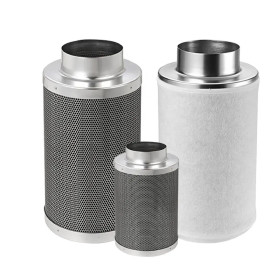
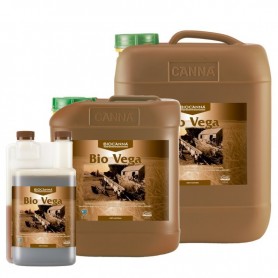
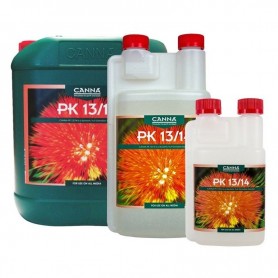
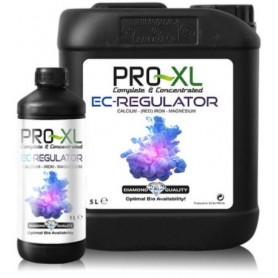

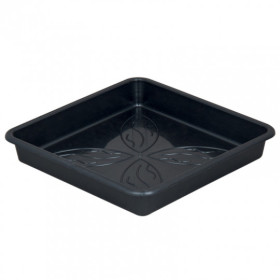
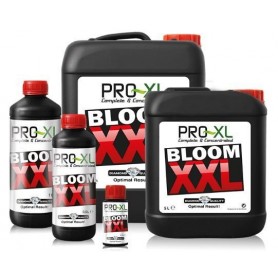
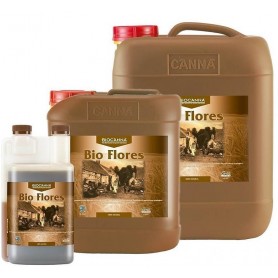
feedback Report comment